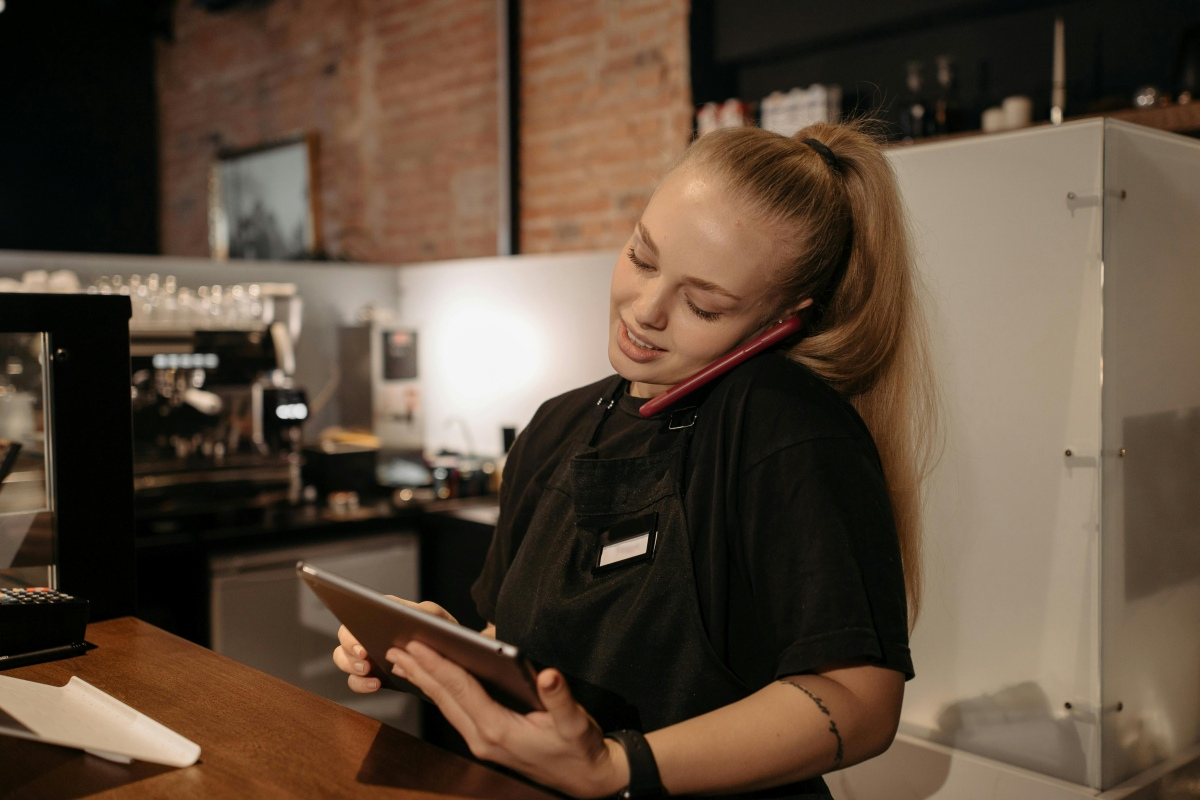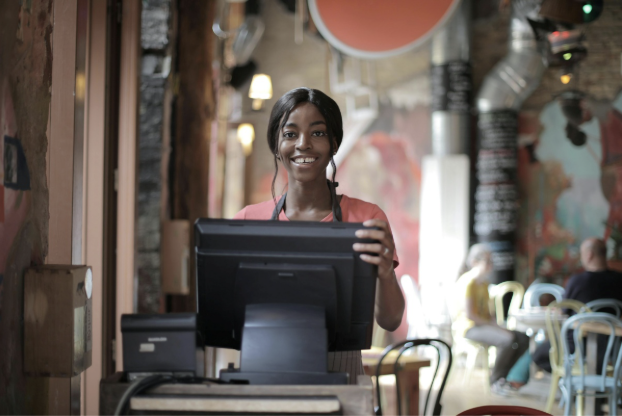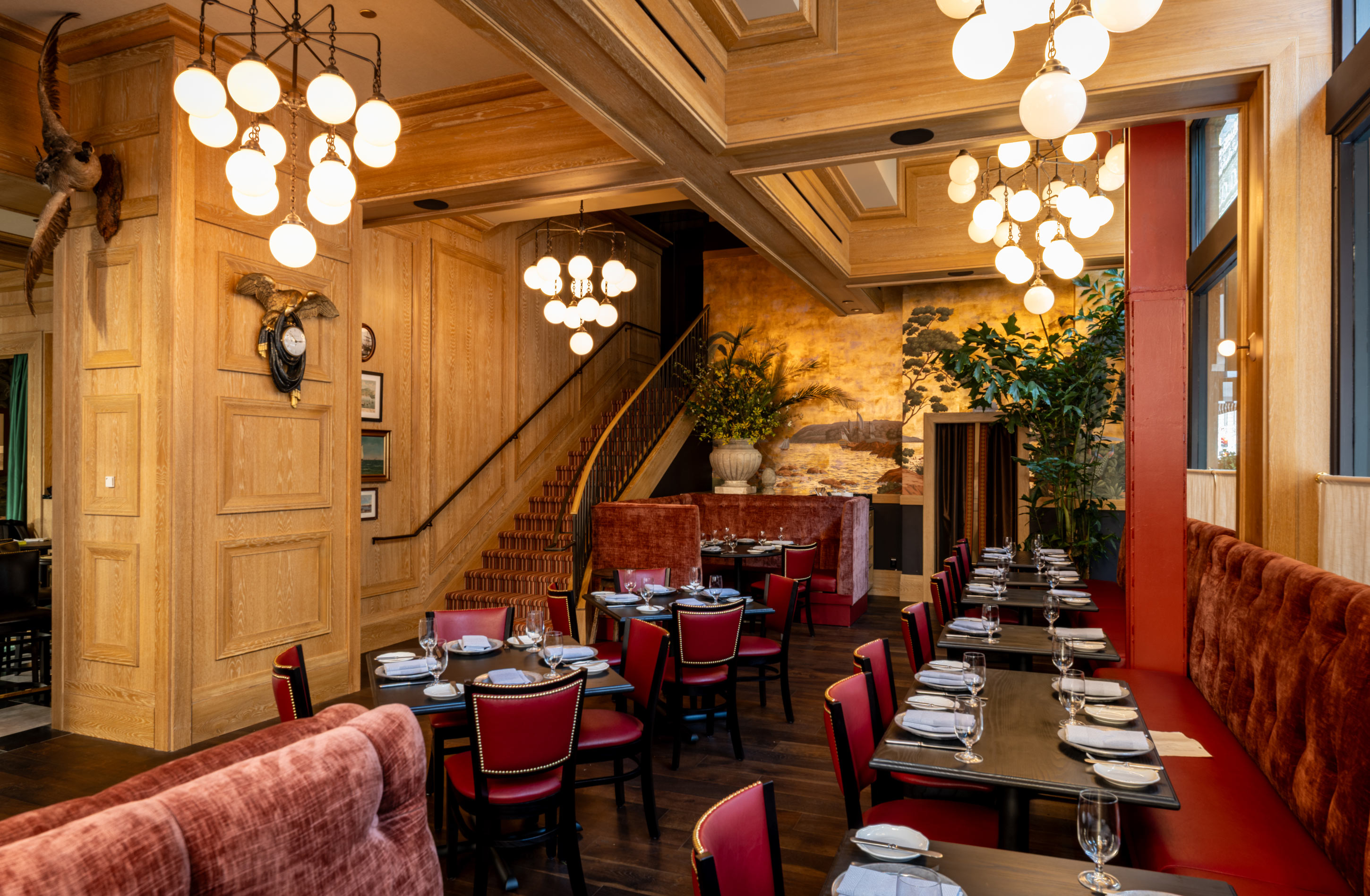See how a conversational AI platform helps restaurants answer every guest, automate reservations, and improve service while freeing staff for hospitality.

You’re juggling more than ever: guests call to check your hours, book a table, ask about wait times, or place an order – sometimes all at once. When your phones go unanswered or your team can’t keep up, it frustrates guests and chips away at your revenue.
This is where a conversational AI platform comes in. Unlike a basic chatbot or an outdated phone tree, it’s built for hospitality. It understands natural language and keeps communication flowing across every channel your guests use.
And because you’re running on slim margins, every interaction matters. The right platform can mean the difference between losing a guest to frustration and welcoming them through your door.
A conversational AI platform is software that understands the way people really talk and responds in real time.
Instead of a clunky phone tree or a basic chatbot that only works with scripted prompts, it uses natural language processing (NLP) to recognize intent and carry on a back-and-forth conversation that feels natural to your guests.
That means it can do far more than just answer phones. A conversational AI platform can take reservations, manage waitlists, confirm event inquiries, handle takeout orders, and respond to FAQs around the clock.
And the best part? It can plug into the systems you already use, so everything stays in sync.
It’s not here to replace your staff but rather to give them the breathing room so they can focus on what they do best: welcoming guests and delivering great hospitality!

When you’re evaluating a conversational AI platform, it’s important to look beyond the buzzwords and ask what the technology actually delivers for restaurants. These are the core capabilities that separate true conversational AI from simple chatbots or outdated phone trees.
Guests don’t talk in scripts, and they shouldn’t have to. Instead of forcing callers to “press 1 for reservations,” a conversational AI platform uses natural language processing to understand real questions like, “Do you have a table for two at 7?” or “Are you open late on Friday?”
This ability to recognize intent makes interactions smoother, faster, and more natural for guests.
Guests might call one day, text the next, and send a social media message to your Instagram the day after. If those conversations live in separate systems, your team wastes time chasing information and risks giving inconsistent answers.
A conversational AI platform unifies every channel (phone, text, web chat, and more) into a single, centralized place. That way, no matter how a guest reaches out, they get the same timely, accurate response.
The most effective conversational AI platforms integrate directly with your existing reservation system, point-of-sale (POS) software, and guest management platform.
That means when an AI confirms a booking, it appears instantly on your seating chart without requiring manual entry. When a guest requests takeout, the order flows into your existing workflow.
This level of integration prevents errors, saves your staff valuable time, and ensures every system is working off the same source of truth.

The majority of guest questions fall into predictable categories: booking a table, joining a waitlist, confirming hours, asking about large parties, or requesting today’s specials.
A conversational AI platform can handle these common interactions automatically, without tying up your hosts or managers.
By automating routine requests, restaurants ensure every guest gets a quick, accurate response while staff focus on hospitality moments that require a human touch. Over time, this shift reduces staff stress and ensures that service quality remains high even during peak hours.
Great hospitality isn’t one-size-fits-all, and conversational AI can support personalization in meaningful ways. By storing guest preferences and past interactions, the platform can tailor responses that make diners feel recognized.
A returning guest might be reminded of their favorite table, while a gluten-free diner sees that preference flagged automatically. These small touches add up to a service experience that feels attentive rather than generic.
You might be thinking, “Can’t I just use a call answering service to pick up the slack?” The problem is that while those services can take messages, they don’t scale the way you need in a busy restaurant.
Guests want quick, accurate answers in the moment, not a callback hours later. That’s exactly where a conversational AI platform gives you the edge.
The value of a conversational AI platform shows up differently depending on your restaurant model. But in every case, it helps staff stay focused on guests instead of phones.
In full-service dining, hosts are often pulled in two directions: greeting guests at the door and answering nonstop calls.
At Flour + Water in San Francisco, adding Hostie meant more than 1,300 calls were handled by AI in the first month. That freed the team to focus on service, while reservations rose 20% and walk-ins climbed 13%.
For multi-unit operators, consistency is the challenge. Guests expect the same experience no matter which location they call. The Stinking Rose Group solved this by routing more than 24,000 calls through their Hostie concierge, keeping service reliable across the group and giving staff more time on the floor.
Quick-service restaurants (QSRs) deal with sheer volume, hundreds of takeout or delivery calls during peak hours. Conversational AI keeps orders flowing without overwhelming the counter team, so guests in line aren’t left waiting.
No matter if you’re running a single neighborhood spot, a growing group, or a fast-paced QSR, conversational AI flexes to fit your model. It takes pressure off your staff and makes sure every guest gets the attention they deserve.

Investing in a conversational AI platform is about choosing a partner that shapes how guests interact with your restaurant. The right fit should ease your team’s workload, protect margins, and build loyalty. Here’s what to look for:
So, don’t just ask “what does it cost?” Ask “how much more revenue, time, and guest goodwill will it unlock?”
The best conversational AI platform should answer that clearly, both in your numbers and in the service experience your guests feel.
A conversational AI platform is the best way to give your team breathing room and your guests a better experience. When your team answers every call, captures reservations automatically, and clears routine FAQs off their plate, you run a calmer operation where hospitality comes first.
Operators like The Stinking Rose Group and Flour + Water are already seeing the difference. That’s thousands of guests connected without pulling staff away from the floor.
Imagine what that kind of support could do for your restaurant. If you’re ready to see what Hostie can do for you, start your free trial today.
RELATED


